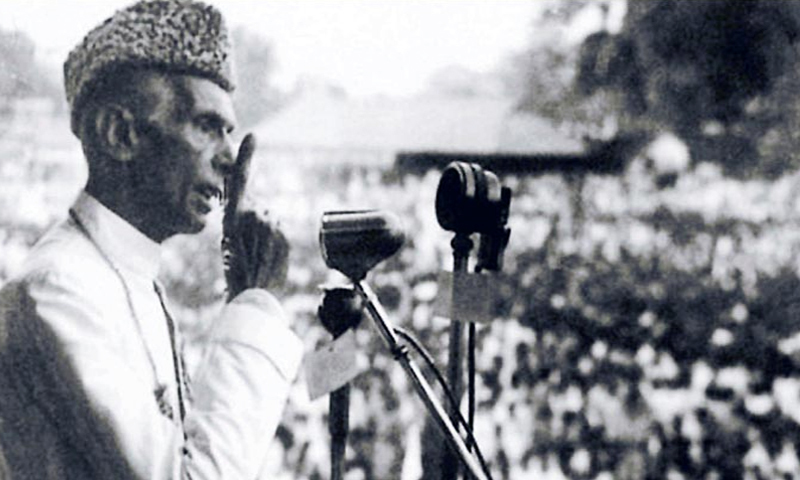By: Hamza Khan
As a student of sociology, delving into the complexities of Pakistani society reveals profound insights into how divisions shape our national identity and progress. Pakistan, celebrated for its rich cultural diversity, also grapples with formidable challenges arising from economic disparities, social fragmentation, and political polarization.
Economically, Pakistan faces stark inequalities where a significant segment of the population lives in poverty, while a privileged minority enjoys considerable wealth. This economic divide not only perpetuates social stratification but also impedes efforts towards equitable development and societal cohesion.
Socially, Pakistan is fragmented along ethnic, religious, and cultural lines, often leading to communal tensions and sporadic outbreaks of violence. Historical grievances between various ethnic groups and religious sects underscore the deep-rooted divisions that influence societal interactions and perceptions, hindering efforts toward national unity.
Politically, Pakistan experiences polarization driven by ideological differences and regional interests, which complicates governance and policy-making. This fragmentation fosters instability and undermines efforts to address pressing social issues effectively, leaving many citizens disillusioned with the political process.
Examples abound of how these divisions manifest in everyday life. Rural communities often lack essential infrastructure and basic services compared to urban centers, exacerbating regional disparities and perpetuating feelings of marginalization among rural populations.
Addressing these challenges requires a comprehensive approach. Embracing inclusive policies that prioritize equitable distribution of resources and opportunities is essential. Promoting dialogue and understanding across diverse communities can bridge longstanding divides and foster a sense of national solidarity.
The key challenge lies in how we navigate, transcend, and reconcile these divisions to forge a unified path toward societal harmony, overcoming barriers that hinder our collective progress.
As Pakistan charts its course forward, unity must prevail over division. By celebrating diversity as a strength and addressing inequalities as a shared responsibility, we can build a more resilient and prosperous nation where every individual has the opportunity to contribute to and benefit from our collective advancement.
In conclusion, the journey towards a cohesive Pakistani society demands a commitment to overcoming divisions that threaten our unity. Through collaborative efforts and a shared vision of inclusivity, we can shape a future where diversity enriches our social fabric and strengthens our collective resolve.
The writer is a freelance columnist. He can be reached at [email protected]











